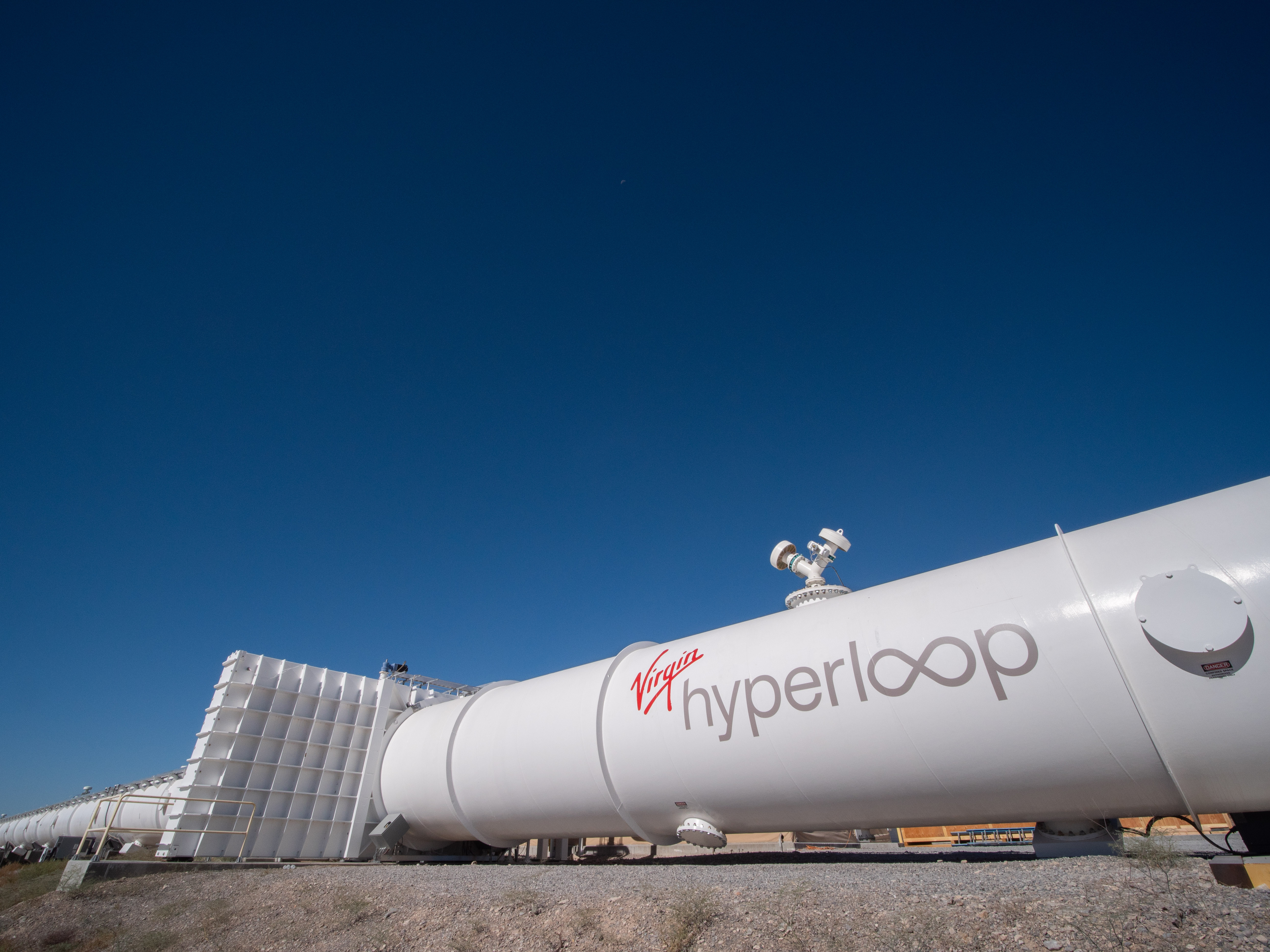North Carolina’s Regional Transportation Alliance (RTA) is exploring the feasibility of
Virgin Hyperloop One and consortium partner
Jay Walder, CEO of Hyperloop, says: “North Carolina Research Triangle – home to some of the country’s top companies, universities and healthcare centres – is an absolute prime location to examine hyperloop technology.”
Walder believes the project represents a “tremendous opportunity” to connect these “regional anchors” and link North Carolina’s capital area with markets to the south and north-east.
According to the study, the introduction of a hyperloop system alongside area freeways including I-40 and NC 147 could reduce travel time and improve road safety.
Hyperloop says other benefits to be considered include travel time reliability and improved logistics for cargo shipments.
North Carolina explores Hyperloop feasibility
North Carolina’s Regional Transportation Alliance (RTA) is exploring the feasibility of Hyperloop as a potential regional and inter-city transportation platform.
Virgin Hyperloop One and consortium partner Aecom discussed the findings and implications of a pre-feasibility hyperloop study at a recent RTA event. The study included example corridors which could connect Raleigh, Durham, Chapel Hill and Raleigh-Durham International Airport near the Research Triangle Park as well as a hyperloop network across







